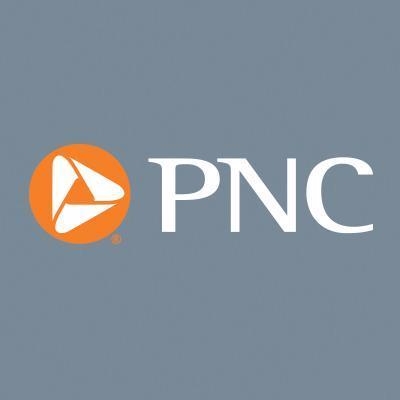; Still Weak on Year-Over-Year Basis
The consumer price index increased 0.4% in December, according to the Bureau of Labor Statistics. Core inflation, excluding volatile food and energy prices, was just 0.1%. Energy prices rose 4.0% in December, including an 8.4% increase in gasoline prices, pushing overall inflation higher. Food prices rose 0.4% for the month.
On a year-ago basis overall CPI inflation was 1.4% in December, up from 1.2% in November. Year-over-year inflation fell to 0.1% in May as the pandemic weighed on prices throughout the economy, and has accelerated somewhat since then. Core inflation has been 1.6% to 1.7% on a year-ago basis since July, after falling earlier in the year with the economic contraction.
The Federal Reserve has set an average inflation objective of 2%, using a different measure, the personal consumption expenditures price index. The PCE tends to run a bit below the CPI; it was 1.1% year-over-year in November, with the core PCE index at 1.4%. Given that inflation has been below 2% for most of the past decade, the central bank would like inflation to run somewhat above 2% for a period of time to bring the average up to 2%.
This means that the Fed would like to see stronger inflation over the next few years. To do this, the central bank will keep both short-term and long-term interest rates extremely low in 2021 and beyond. The Federal Open Market Committee has said that it will not raise its key short-term policy rate, the federal funds rate, until inflation hits 2%. And the FOMC is set to continue its purchases of long-term Treasuries and mortgage-backed securities at least through the end of this year to put downward pressure on long-term interest rates, encouraging consumer and business borrowing. Stimulus from the federal government could also support consumer and business demand, helping to push inflation higher over the next couple of years.
There are still huge swathes of excess capacity throughout the economy and businesses have very little pricing power, which will keep inflation muted in the near term. Prices are increasing more quickly for some goods and services, like used vehicles and food, but inflation for most goods and services is much weaker. For example, despite the rise in energy prices in December from November, they were still down 7% from a year earlier, with gasoline prices down more than 15%.
CPI inflation will accelerate on a year-over-year basis over the next few months, to above 2%, given comparisons to very weak prices in Spring 2020, during the worst of the Viral Recession. But by the second half of 2021 CPI inflation will move well below 2%, and will not pick up again until 2022. High unemployment and limited wage pressures will restrain prices for services, which make up the bulk of consumer spending. For the Federal Reserve, the biggest inflation concern over the next few years will remain inflation that is too low, not too high.
The PNC Financial Services Group, Inc. is one of the largest diversified financial services institutions in the United States, organized around its customers and communities for strong relationships and local delivery of retail and business banking including a full range of lending products; specialized services for corporations and government entities, including corporate banking, real estate finance and asset-based lending; wealth management and asset management. For information about PNC, visit www.pnc.com.














